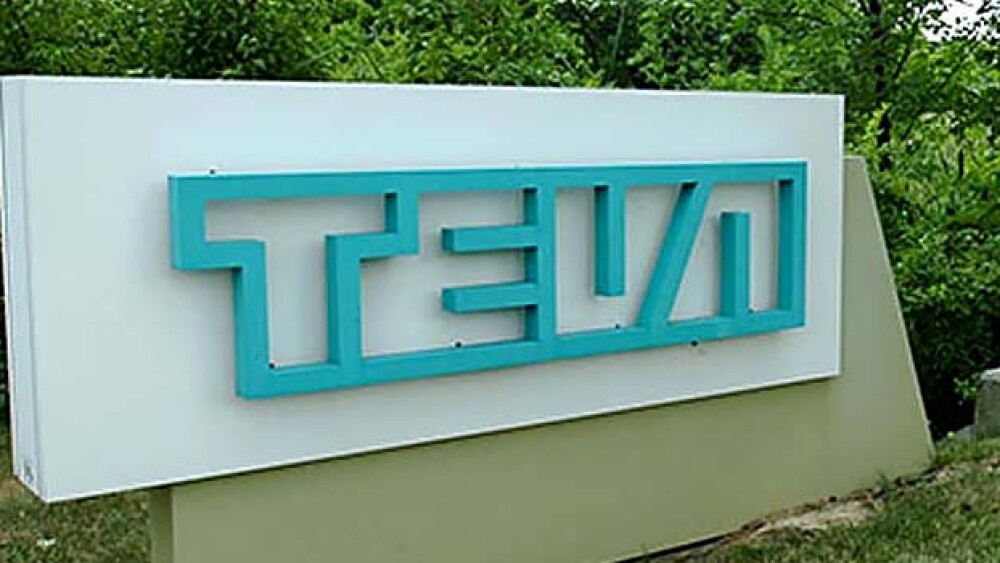Over a 12-week course of treatment, Teva said fremanezumab provided patients with statistically significant reductions in monthly average number of migraine days. The results of the study were published in Lancet.
Teva Pharmaceuticals’ anti-CGRP drug fremanezumab hit the target reducing monthly migraine days in a late-stage trial.
This morning, Israel-based Teva said that the results from the Phase IIIb FOCUS study showed fremanezumab demonstrated superiority against placebo across all primary and secondary endpoints in reducing the average number of monthly migraine days. Over a 12-week course of treatment, Teva said fremanezumab provided patients with statistically significant reductions in monthly average number of migraine days. The results of the study were published in Lancet.
Fremanezumab has already been approved in the U.S. and Europe for the preventive treatment of migraine in adults under the brand name Ajovy. Teva’s Ajovy was approved based on results from two Phase III clinical trials that showed patients receiving the treatment experienced a reduction of monthly-migraine headaches over a 12 week period. Ajovy was approved as the first anti-CGRP that could be injected monthly or even quarterly.
The late-stage FOCUS study examined two dosing regimens of fremanezumab in patients with episodic or chronic migraine who had documented prior inadequate response over the past 10 years to two-to-four pharmacological classes of migraine preventive medications, including beta-blockers, valproic acid, calcium channel blockers and more. Michel D. Ferrari, lead author of the article published in Lancet, said the data from the trial shows that more than a third of patients achieved a clinically meaningful 50% reduction in monthly migraine days within just four weeks of initiating treatment.
“As a physician, it is extremely rewarding to see that patients with very difficult-to-treat migraine experienced clinically significant improvement with fremanezumab,” Ferrari said in a brief statement.
Joshua M. Cohen, head of migraine and headache research at Teva, said that the disease can be debilitating and also frustrating for those patients who have failed multiple preventative treatments.
“We continue our clinical trial efforts in the area of migraine research and we are very pleased with the FOCUS results. Fremanezumab shows promise for patients with migraine, and being published in the Lancet, a very prestigious medical journal, demonstrates the value of the clinical work being done at Teva to support and elevate the need for migraine education and treatment,” Cohen said in a statement.
Safety remained consistent with previous studies. Teva said the most common adverse reactions in the study were injection site reactions. Less than 1% of patients in the fremanezumab group experienced an adverse event leading to discontinuation. Patients with major comorbid diseases, including major cardiovascular disease, were excluded from participation in this study.
Fremanezumab has run into some problems over the course of its study for migraines. Last year, the company scrapped a chronic cluster headache program with fremanezumab following a pre-specified futility analysis of that study. The analysis showed the treatment would not meet its 12-week goal of mean change from baseline in the monthly average number of cluster headache attacks.
Calcitonin gene-related peptide (CGRP) is a popular target for the treatment of migraine and chronic headaches and multiple companies have focused their attention on developing these kinds of treatments, including Amgen and Novartis who developed Aimovig, which was approved in May of 2018.





